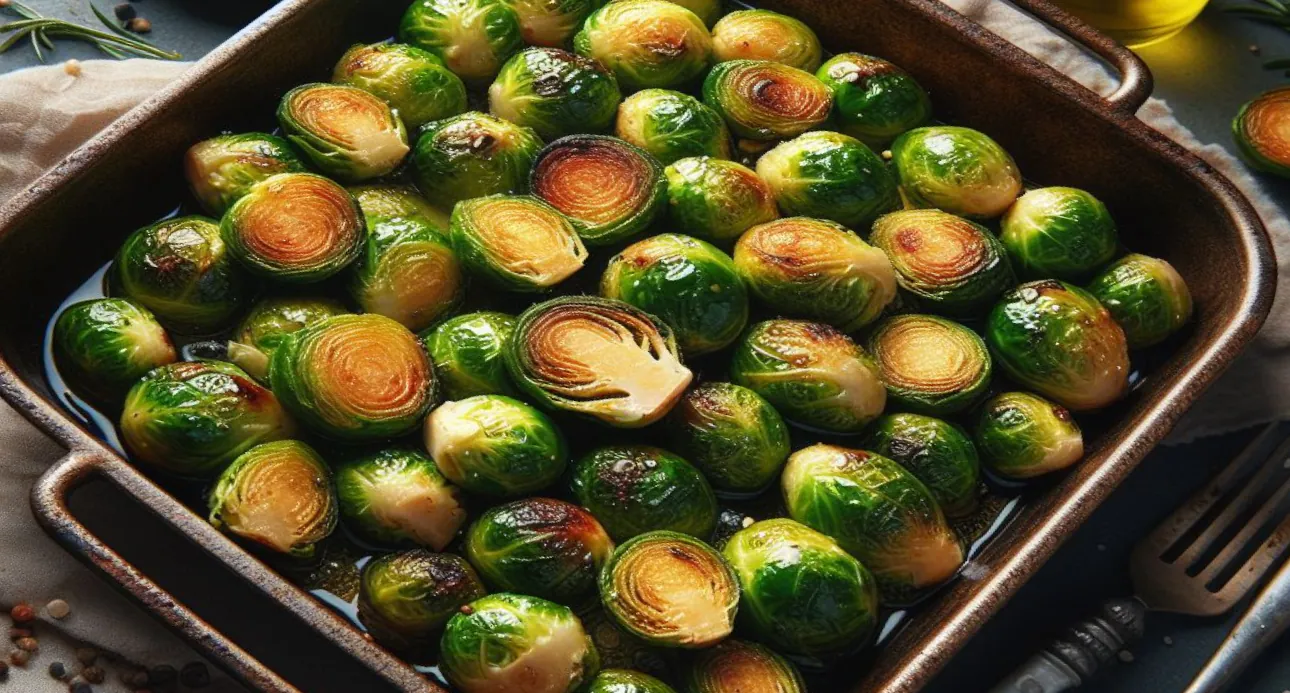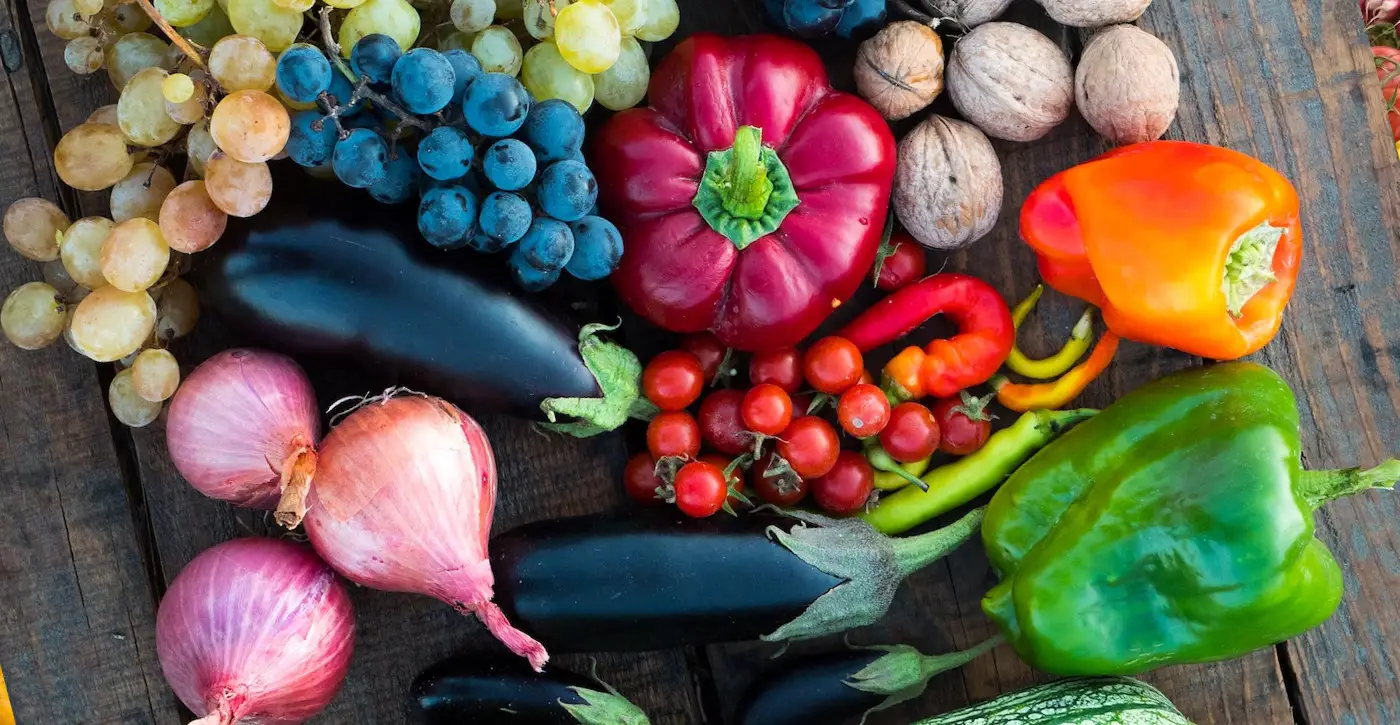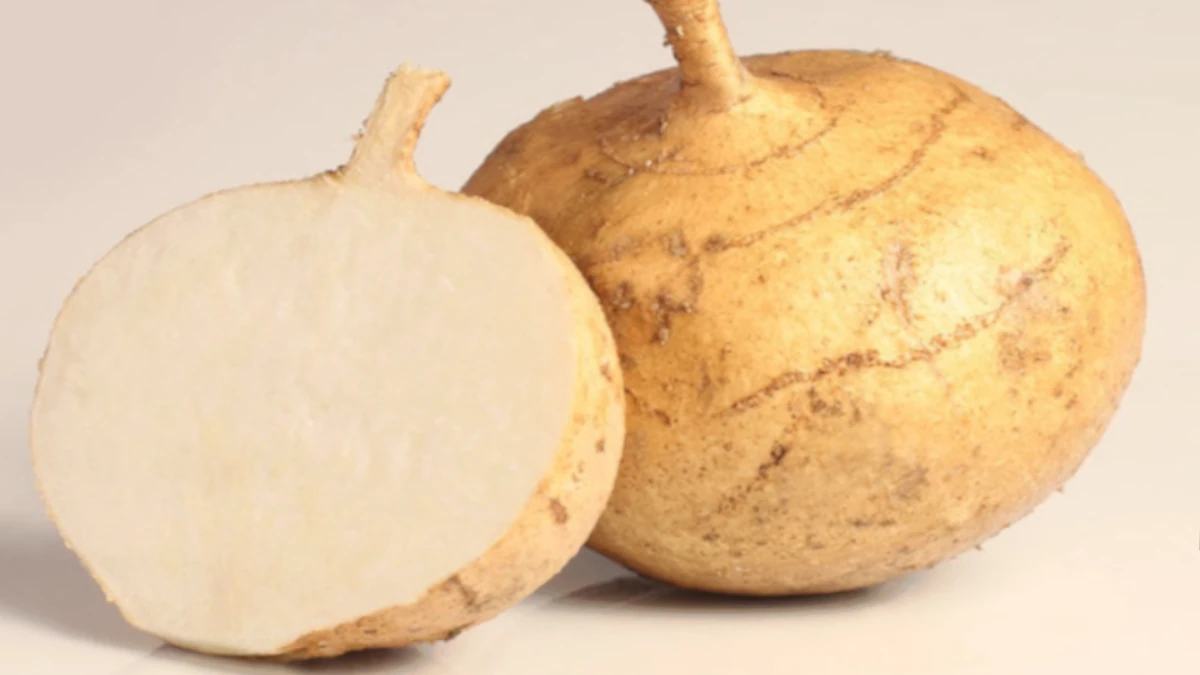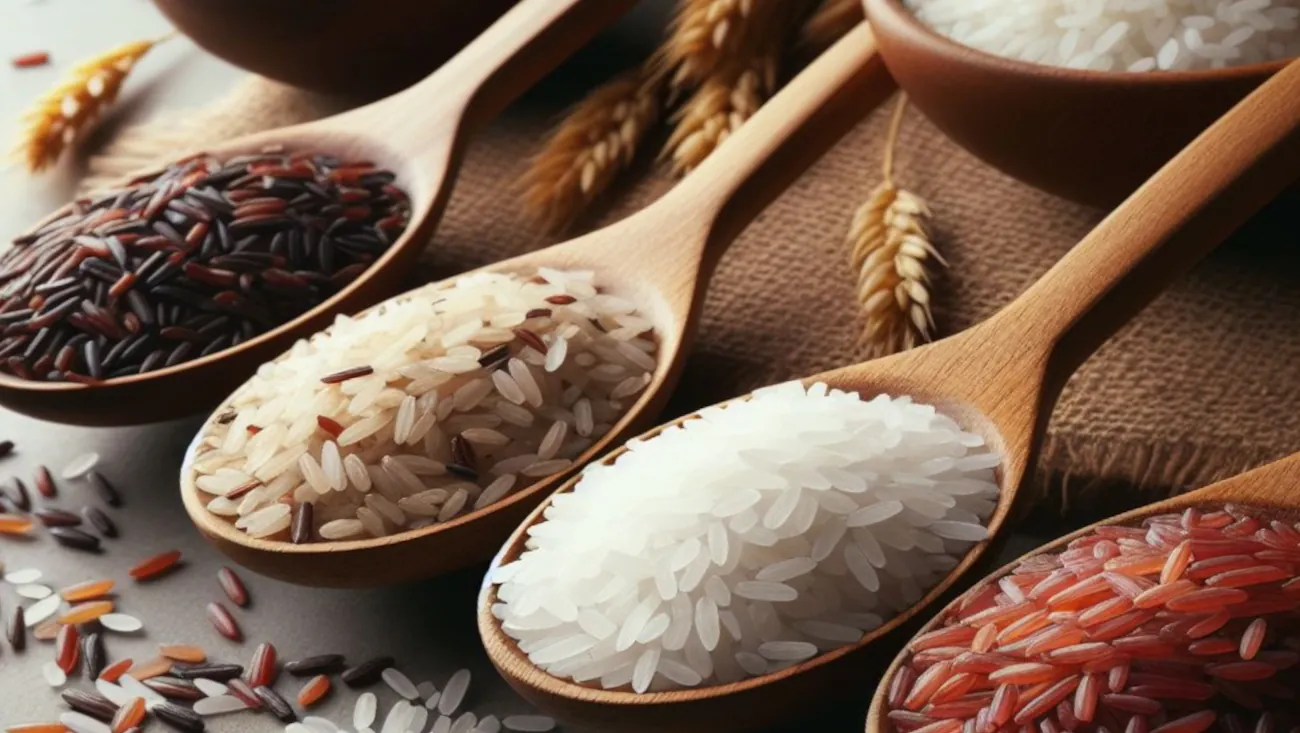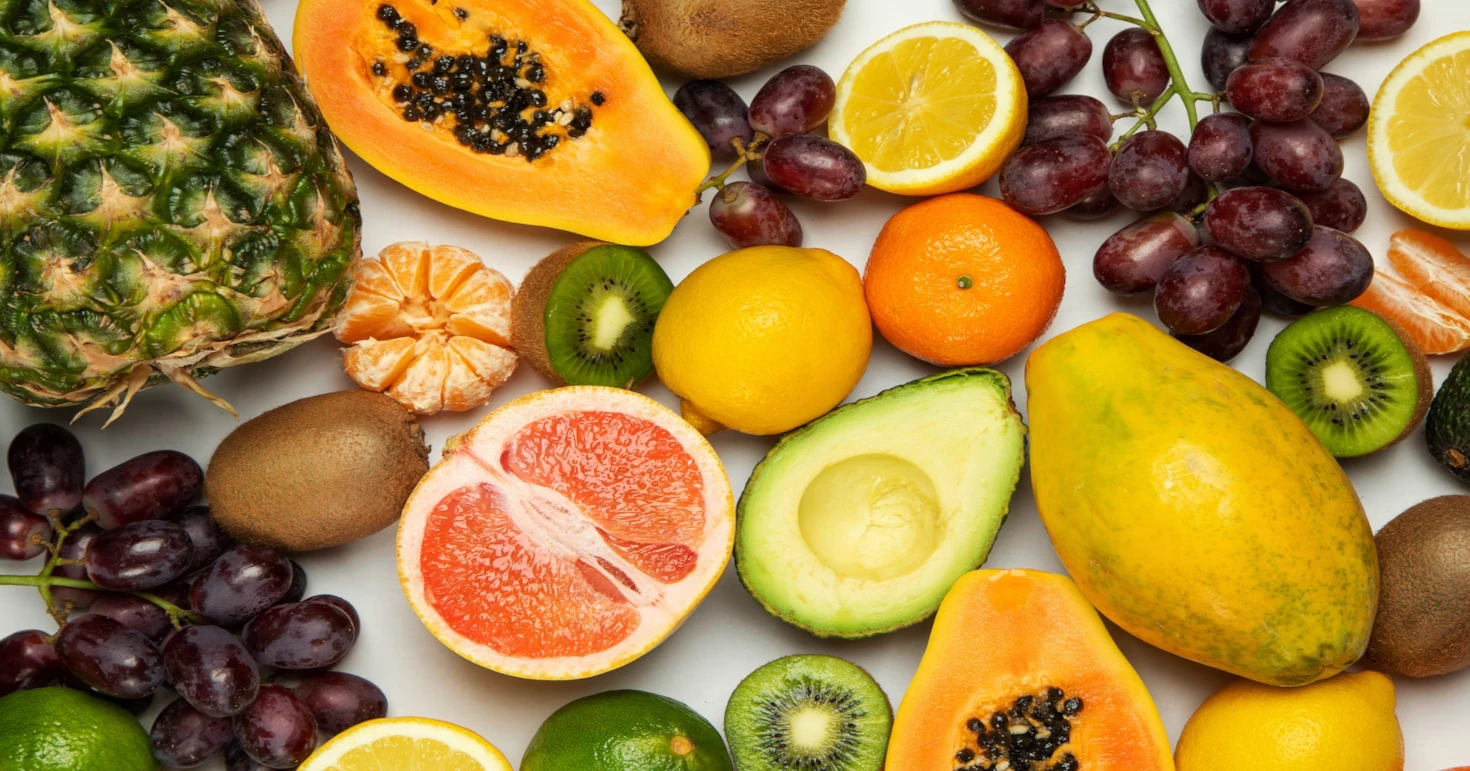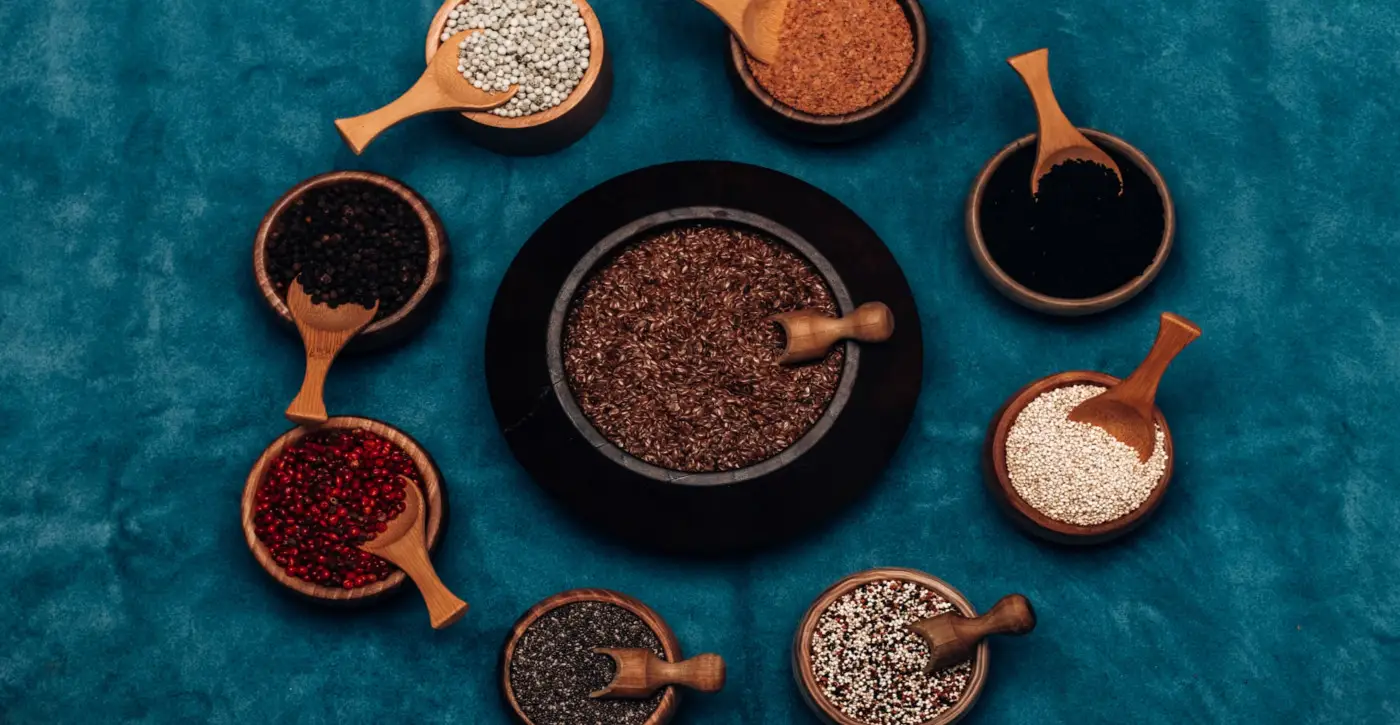Summer Squash Lysine and Arginine Info Sheet
Overview
Squash is a type of edible plant that belongs to the gourd family.It has a hard rind and a soft flesh that can be cooked in various ways.
Squash is rich in vitamin A, vitamin C, potassium, and fiber. It can help lower blood pressure, improve digestion, and prevent infections.
| Name | Lysine (mg/100g) | Arginine (mg/100g) | Ratio |
|---|---|---|---|
| Summer Squash | 65.38mg | 50mg | 1.308 |
Summer Squash contains 65.38mg of Lysine and 50mg of Arginine per 100g of product.
This means Summer Squash has a high Lysine-Arginine ratio of 1.308.
Because Summer Squash contains slightly more lysine than arginine, increasing its consumption may benefit people who suffer from herpes, as it may boost the immune system.
Lysine Considerations
Squash is a moderate source of lysine, an essential amino acid that is important for protein synthesis, collagen formation, and calcium absorption.
It's one of the nine amino acids that the body can't produce, so it must be included in our diet.
Lysine has a variety of roles in the body, such as aiding in growth, healing, energy production, immune function, and the production of collagen.
Research indicates that lysine may have an impact on the herpes virus, which is responsible for cold sores and genital sores.
Taking lysine supplements or using lysine cream could potentially prevent or treat these infections by inhibitnig the amino acid arginine, which the virus requires for growth.
Arginine Considerations
Squash is a moderate source of arginine, a semi-essential amino acid that is involved in nitric oxide production, wound healing, and immune function.
Arginine has a variety of benefits for our health and performance, such as lowering blood pressure, enhancing wound healing, and increasing exercise endurance.
Arginine can also affect the herpes virus, which causes cold sores and genital herpes.
Studies suggest that arginine may help the virus grow and cause outbreaks, so people with herpes may want to avoid foods that are high in arginine or take lysine supplements to block its effects.
Lysine-Arginine Ratio
Squash has a slightly higher lysine-arginine ratio than most vegetables, which means it may be beneficial for people with herpes simplex virus (HSV) infections, as lysine can inhibit the replication of HSV, while arginine can stimulate it.
Both lysine and arginine play crucial roles in protein synthesis and other metabolic activities.
Interestingly, they have contrasting effects on the herpes simplex virus, which is responsible for cold sores and genital herpes.
Lysine can slow down the virus's ability to replicate, while arginine can promote it.
Consequently, consuming foods with a high lysine to arginine ratio may help decrease the frequency and severity of herpes flare-ups.
Foods with a high lysine-arginine ratio include milk and cheese products, fish, poultry, fruits, and vegetables.
These foods can supply the body with sufficient lysine to block the virus's availability of arginine, thereby preventing its growth and spread.
Dietary Considerations
Most vegetables are poor in in calories and high in in vitamins, minerals, and antioxidants.
Many vegetables have more lysine than arginine, such as beets, turnips, tomatoes, soybean sprouts, potatoes, celery, sweet potatoes, squash, and green beans.
These vegetables can help prevent or treat herpes outbreaks, as lysine can suppress the herpes virus.
Other vegetables have more arginine than lysine, such as peas, carrots, broccoli, cauliflower, and mushrooms.
These vegetables can still be consumed in moderation, as they have other health benefits.
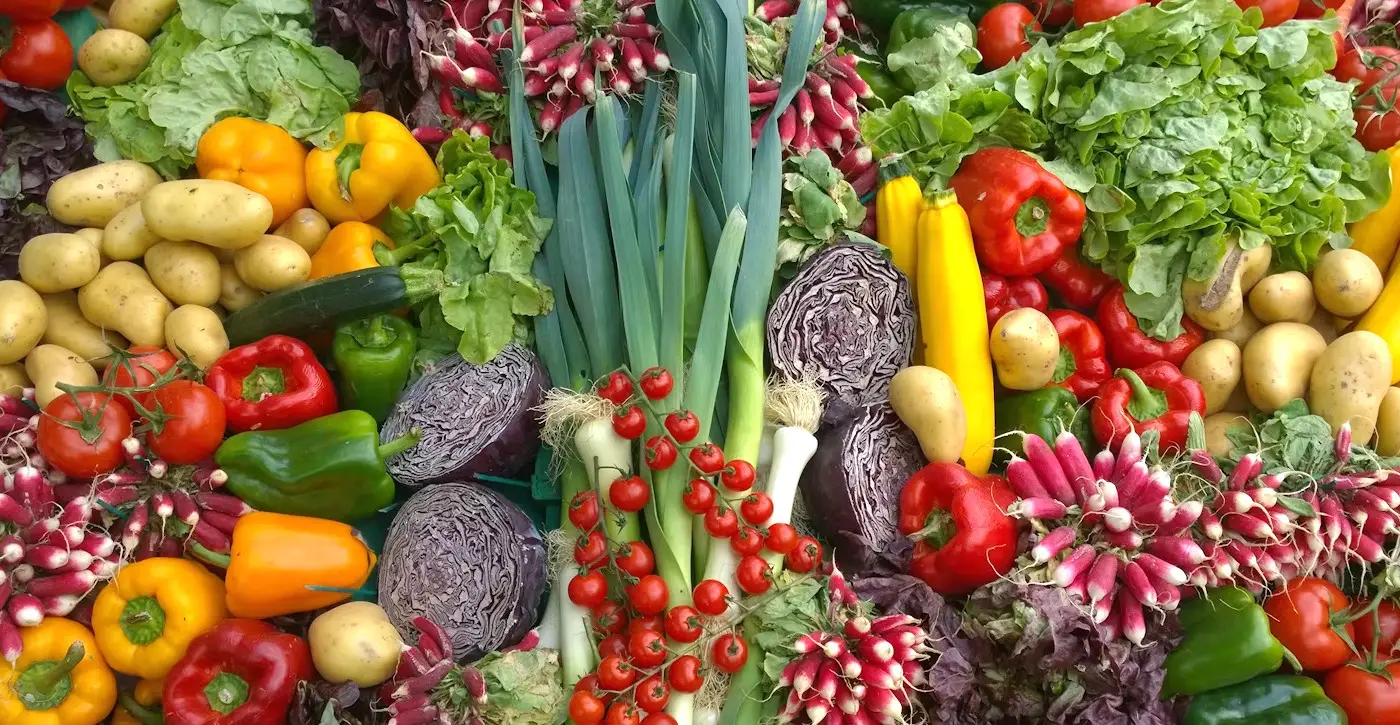
For instance:
A well-balanced and healthy diet that strengthens your immune system and lowers inflammation is important.
This means you should eat a lot of fruits, vegetables, whole grains, lean protein, and good fats, and avoid processed foods, added sugars, alcohol, and caffeine.
Drinking enough water to keep yourself hydrated and remove toxins from your body.
Water can also help prevent dryness and irritation of the skin and mucous membranes, which can result in fewer outbreaks.
You may want to take l-lysine supplements.
L-lysine is known to prevent herpes outbreaks and it can help stop a cold sore in its initial stages by "starving" the virus of arginine before it has a chance to cause a cold sore.
Other food supplements, such as vitamin C, zinc, selenium, and antioxidants, can help you boost your immunity and protect your cells from oxidative stress.
Avoiding foods that can cause allergic reactions or sensitivities, such as gluten, dairy, nuts, eggs, or shellfish.
These foods can trigger inflammation and weaken your immune system, making you more susceptible to outbreaks.
Eating foods that can soothe your symptoms and speed up your healing process, such as honey, yogurt, aloe vera, and chamomile.
These foods have anti-inflammatory, antiviral, and antibacterial properties that can reduce pain, swelling, and itching, and promote tissue repair.
Check more food information
